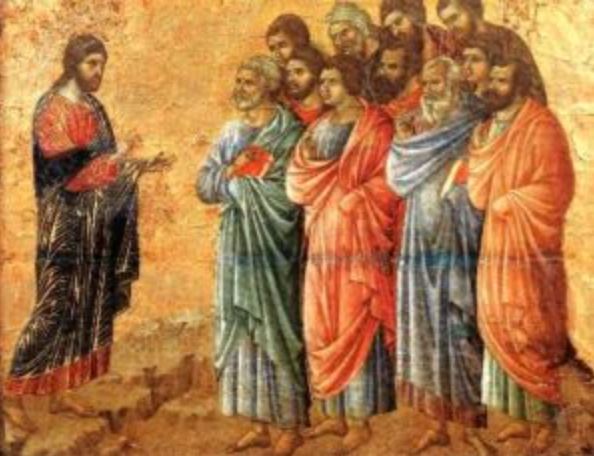The Role of Canon Law
In the period immediately preceding the Second Vatican Ecumenical Council and, even more so, in the post-Conciliar period, the Church’s canonical discipline was called into question at its very foundations. The crisis of canon law had its origin in the same philosophical presuppositions which were inspiring a moral and cultural revolution in which the natural law, the moral ethos of individual life and life in society, was questioned in favor of an historical approach in which the nature of man and nature itself no longer enjoyed any substantial identity but only a changing, and sometimes naively-considered progressive, identity.
Within the Church, the reform of the 1917 Code of Canon Law, announced by Pope Saint John XXIII, a reform which did not begin in earnest until some 10 years later and then slowly progressed during the last years of the Pontificate of Pope Saint Paul VI and the first years of the Pontificate of Pope Saint John Paul II, seemed to question the need of canonical discipline and opened a forum for certain theologians and canonists to question the very foundations of law in the Church. The so-called “Spirit of Vatican II,” which was a political movement divorced from the perennial teaching and discipline of the Church, exacerbated the situation greatly. After a period of intense labors and heated discussions, Pope Saint John Paul II promulgated the revised Code of Canon Law on January 25, 1983, some twenty-four years after it had been announced. …







